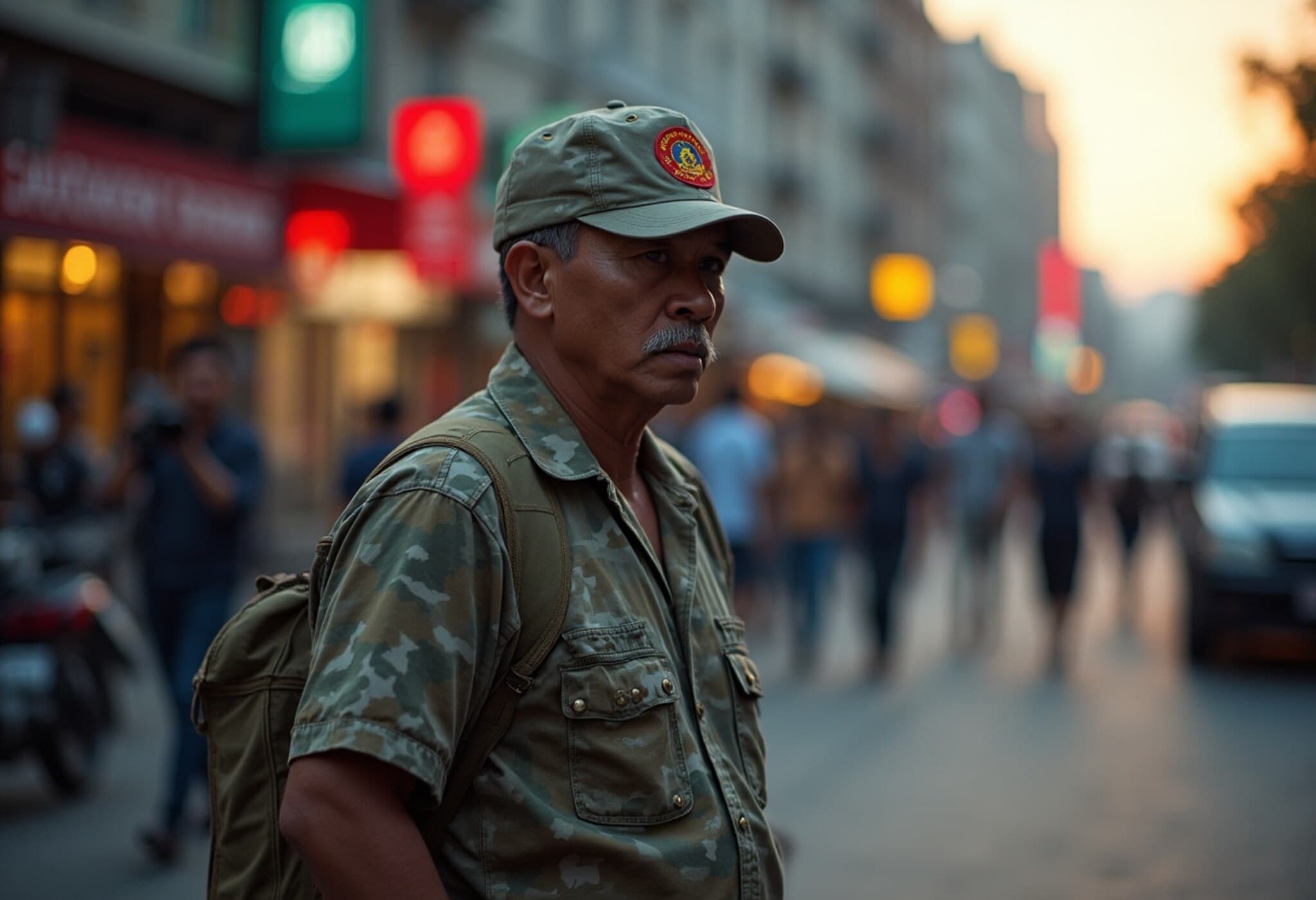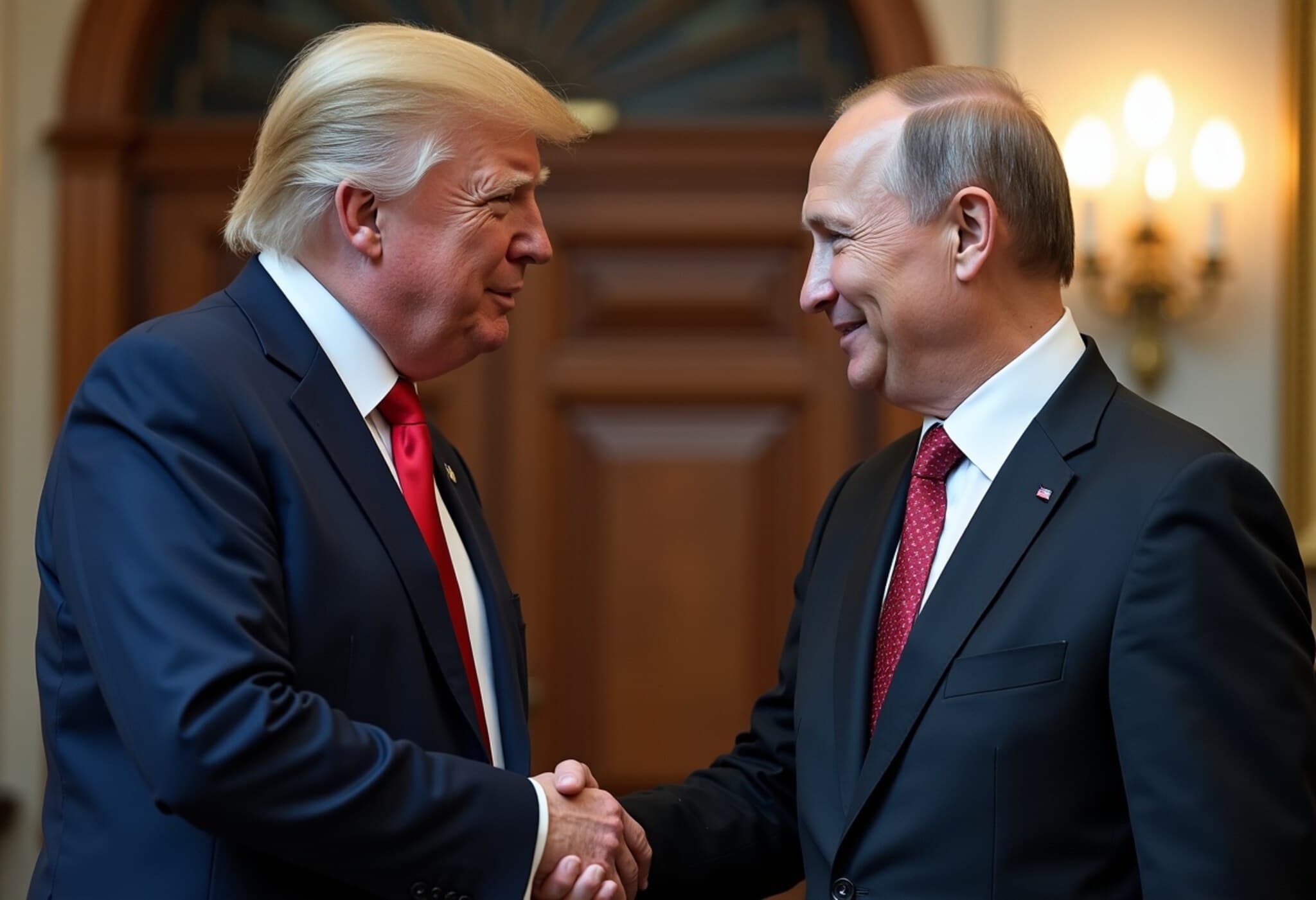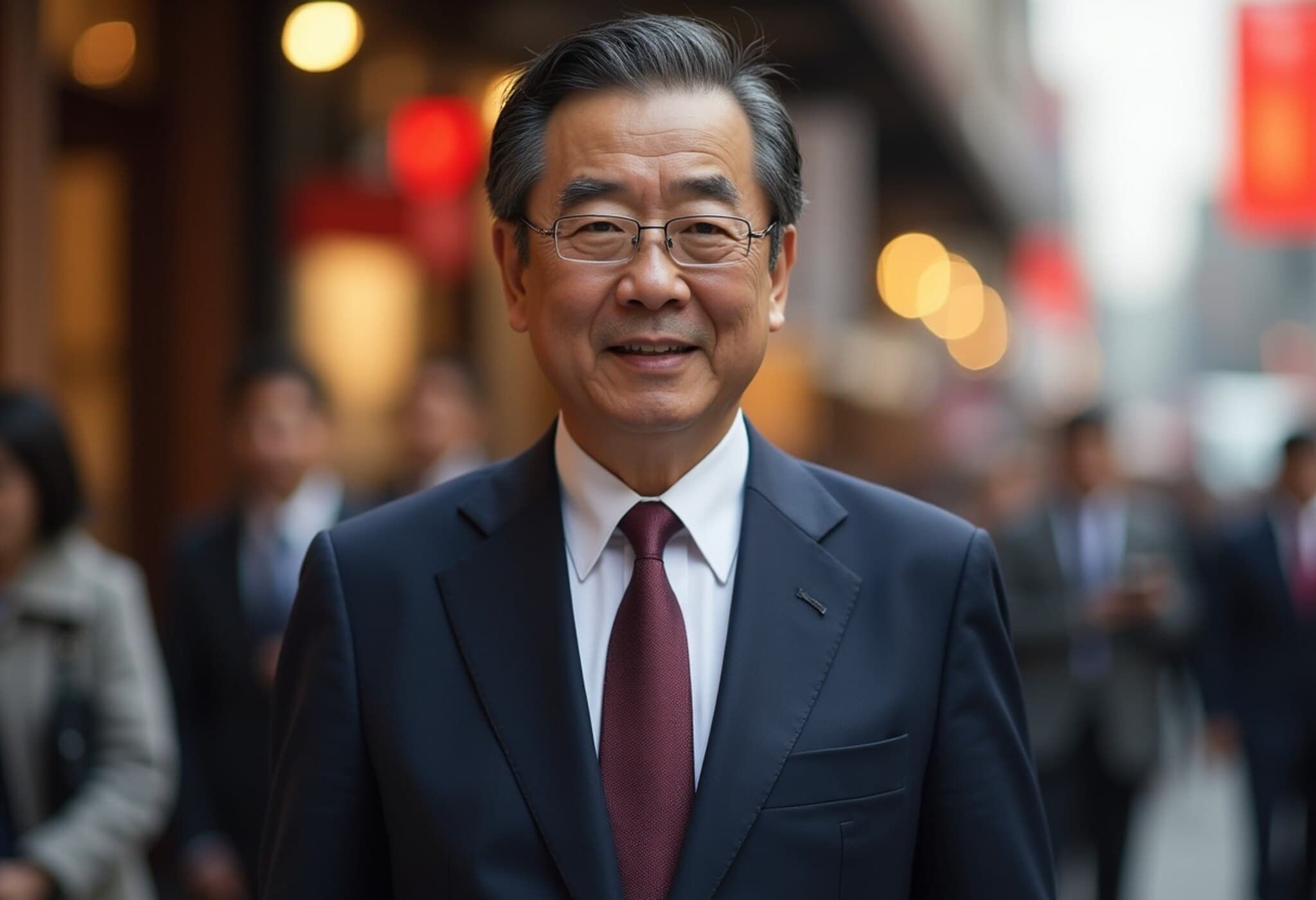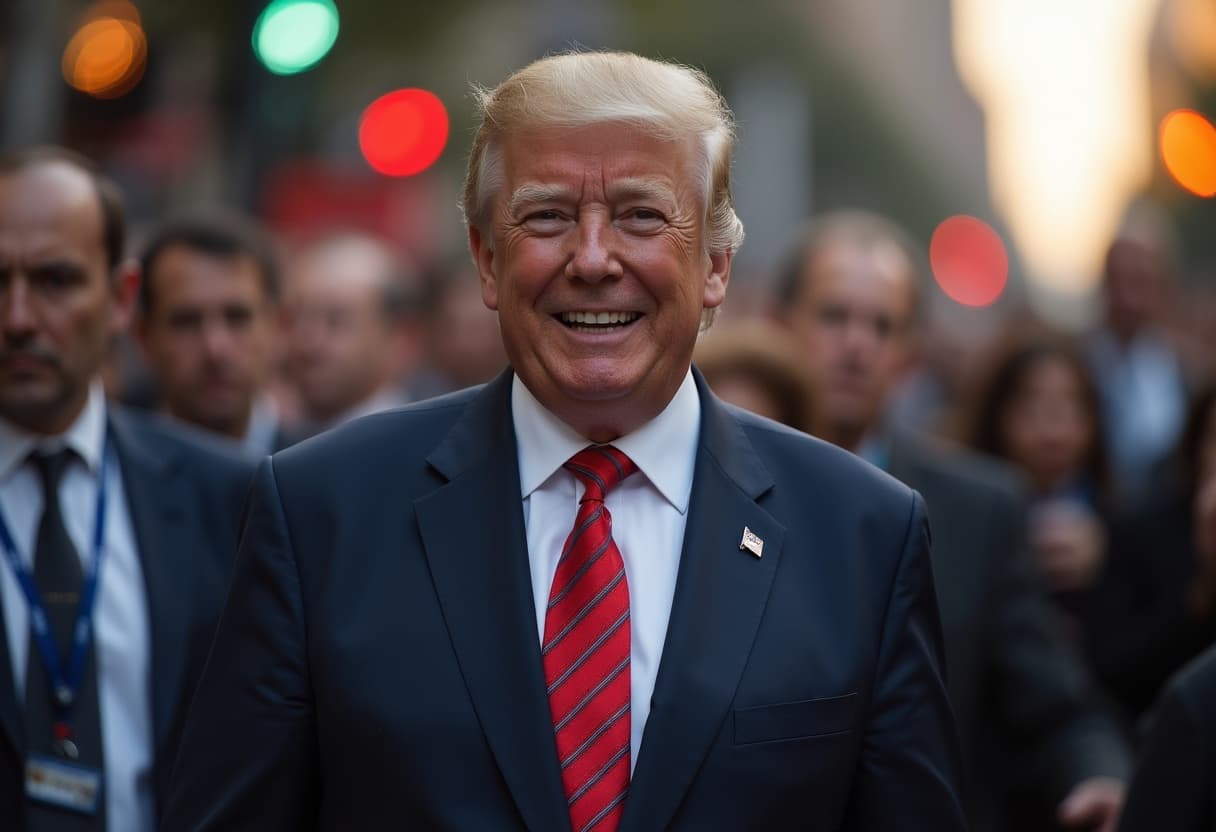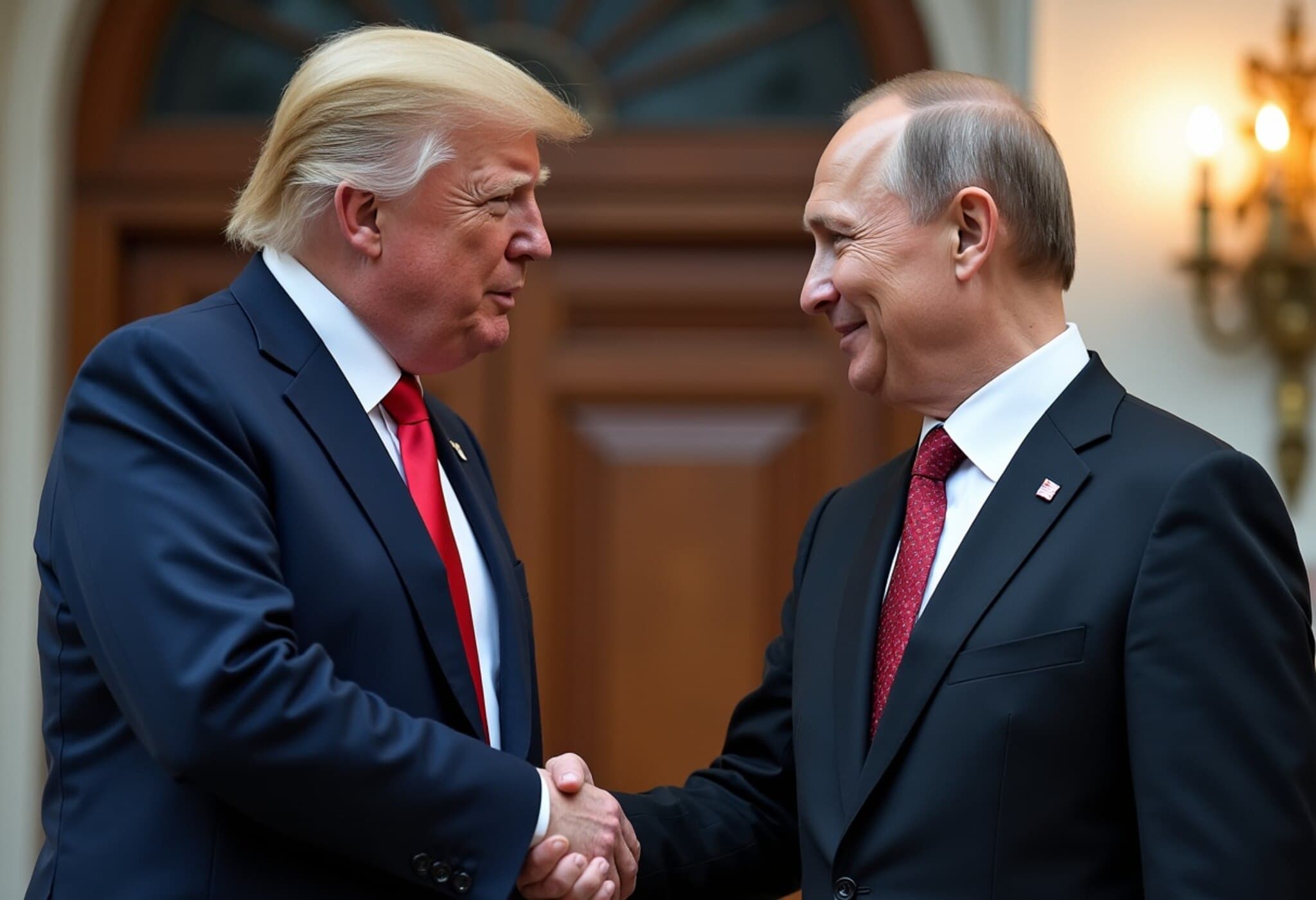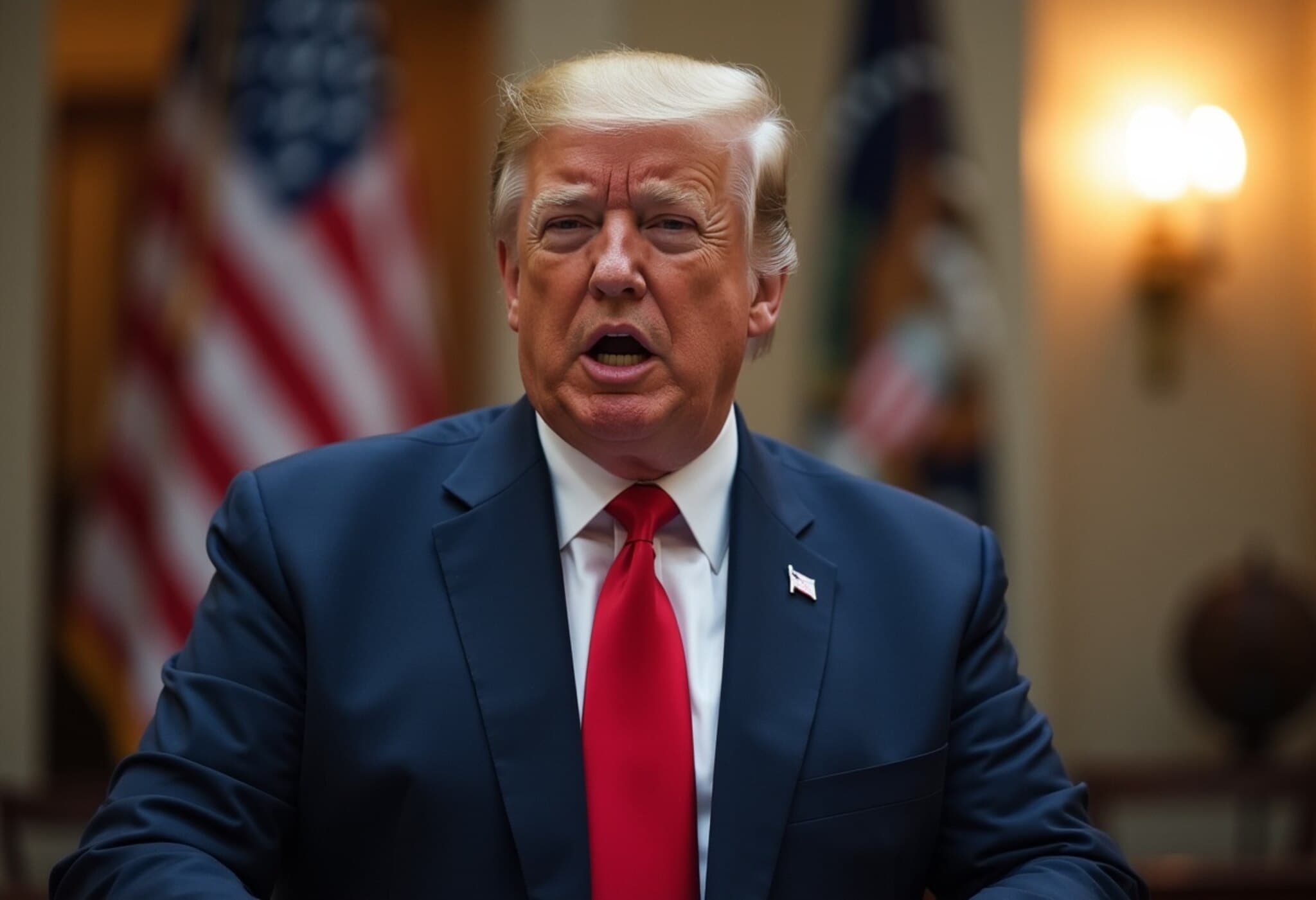Cambodia Retaliates to Thai Border Restrictions with Economic Measures
In a sharp escalation of border tensions, Cambodia has responded firmly to Thailand's tightened border policies by imposing trade boycotts and a ban on fuel imports. This development follows a violent clash on May 28, where a Cambodian soldier lost his life in a disputed territory along the two countries’ border.
Border Restrictions Spark Diplomatic Strain
After the confrontation, which took place in a relatively small, contested zone, both nations initially agreed to reduce hostilities. However, ongoing measures—most notably by Thailand—have kept tensions simmering. Thailand’s government recently restricted crossings at its border checkpoints, allowing entry only to students, medical patients, and those with urgent needs, effectively barring thousands of tourists from crossing.
Cambodia’s Firm Stand and Trade Boycotts
Speaking on behalf of Cambodian authorities, government spokesperson Pen Bona emphasized Cambodia’s commitment to a diplomatic resolution. Nevertheless, he expressed frustration over Thailand’s recent actions, clarifying that Cambodia has not initiated any closure of its borders and will reverse restrictions only if Thailand does the same.
In response, Cambodia—previously reliant on Thailand for about 30% of its gasoline and fuel imports—has banned Thai fruits and vegetables, cut off electricity supplies, and halted fuel imports from its neighbor. Cambodian Prime Minister Hun Manet visited border troops and civilians displaced from the area, affirming Cambodia’s unwillingness to back down: “We do not want war, but we cannot stand by and allow ourselves to be abused.”
Addressing Online Crime Amid Border Dispute
Adding another layer to the conflict, Thailand’s Prime Minister Paetongtarn Shinawatra announced measures targeting online scams originating from Cambodia. These include blocking exports that facilitate such criminal activities and cooperating with international agencies to combat Southeast Asia's cybercrime networks.
Pen Bona countered, pointing out that online scam operations are prevalent in Thailand as well, accusing Thai authorities of attempting to shift blame onto Cambodia. Earlier this year, Thailand took action against scam syndicates in Myanmar by cutting essential utilities to the border towns where these groups operated.
Looking Ahead
As both countries navigate these rising tensions, the situation along the border remains fragile. The economic measures and public condemnations signal deepening mistrust, even as diplomatic efforts continue behind the scenes to prevent further escalation.

